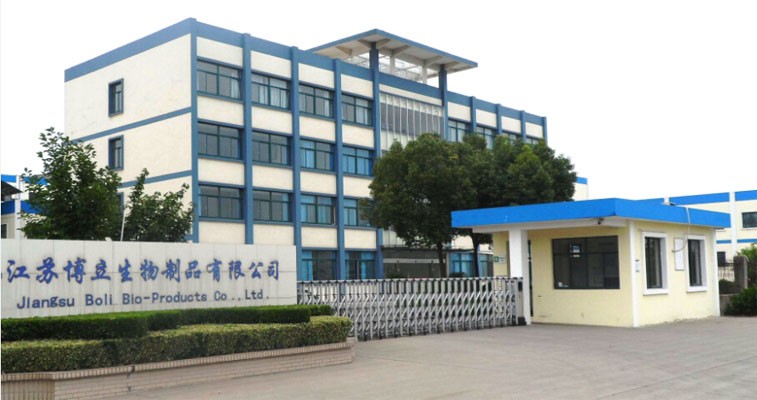
Halal certification ‘contributing significantly’ to Chinese bioproducts manufacturer’s international sales
The growth potential for the halal food market is immense. It is projected to reach $1.6 trillion by 2018, according to research firm DinarStandard. After all, Muslims make up around 23 percent of the world's population.
However, there are still major unmet demands within the halal food industry. The Halal Industry Development Corporation (HDC), an agency working under Malaysia’s Ministry of International Trade and Industry, believes the supply for halal ingredients is meeting just 37 percent of the world’s demand. As such, companies from all over the globe are trying to jump on the bandwagon by getting halal certifications.
China-based Jiangsu Boli Bioproducts is one such example. The firm manufactures and ships enzyme products in both liquid and solid forms worldwide. These enzymes are used as parts in fuel ethanol production, grain processing, food baking, brewing, textiles and animal feed.
Boli Bioproducts received its halal certification in September 2013. Edna Yang, the firm’s vice general manager of overseas business development, believes that it has contributed significantly to the company’s overseas sales turnover. ”To the best of our knowledge, we would have no chance of entering the food and beverage markets in Europe, Southeast Asian countries, the United States, Australia or any of the Islamic societies if [we did not have] halal certificate,” explains Yang.
So far, the biggest buyers for these halal-certified bioproducts are from the food and beverage industries in Europe and the US. There’s also growing demand for domestic halal products, with the nation recording 10 percent growth in halal products annually, no doubt due to China’s 26 million Muslims.
CHALLENGES IN GETTING HALAL CERTIFICATION
It took Boli Bioproducts around five months to complete the process of halal certification. First, the company developed its own halal policy and manual, as well as setting up an internal halal management team which involved top management and each department head.
Then the firm conducted internal and external training on halal processes in order to guarantee that all the production, including materials, facilities, handling of non-conforming products and finished products were in compliance with halal requirements. Boli Bioproducts then conducted internal halal audit and took corrective actions to address the findings during the internal audit.
After the halal assurance system had been implemented for three months, Boli Bioproducts submitted an application for halal certification to the Shanghai office of LPPOM MUI, the Indonesian-based halal certification authority. After going through the on-site inspection by the authority, Boli Bioproducts received the certification issued by LPPOM MUI Indonesia a month later. The halal certification is valid for two years.
The biggest challenge in getting the halal certification lies in coordinating with non-halal-certified firms which supply the raw materials, according to Yang. ”We had to collect additional information from those non-halal-certified suppliers such as their process flow charts, product specifications, etc. and translate these documents from Chinese into English for the halal auditors, which created lots of additional workload both for us and the halal auditors,” she explains.
© Copyright SalaamGateway.com 2015
